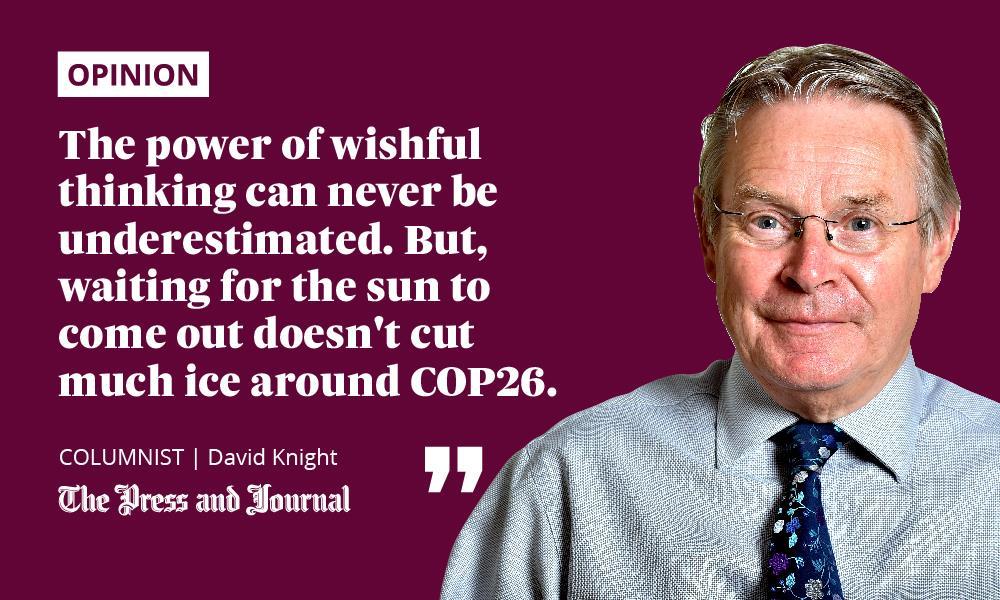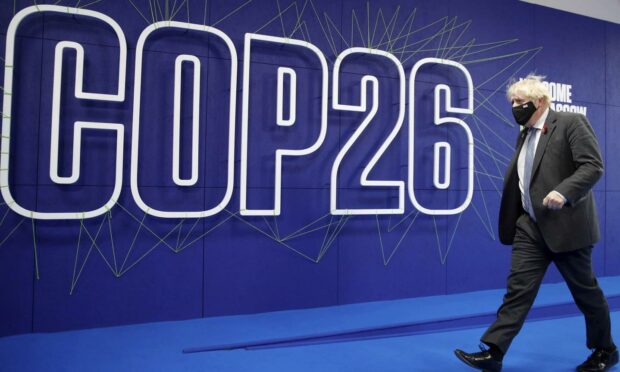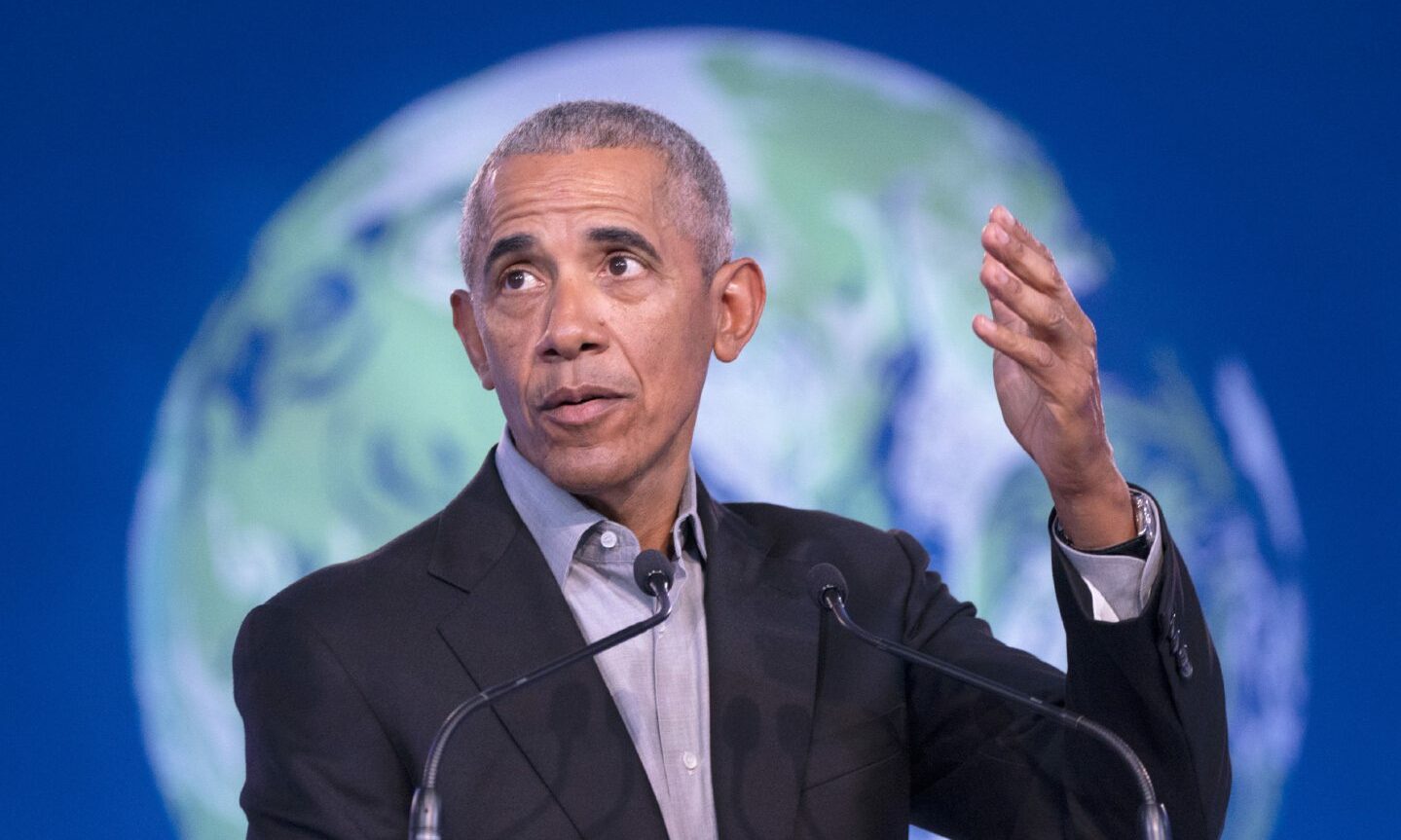I paused while trying to rush out to a wedding because I was sure a foreign dignitary referred to “fossil fools” in a televised COP26 speech.
I think he meant fossil fuels; maybe it was a slip of the tongue. But it probably fitted the bill, given general exasperation about a disunited family of countries appearing to stagger arm in arm towards a precipice.
As I prepared for my niece’s wedding, thoughts drifted to images of leaders being jilted as they struggled to tie the knot with other nations over climate change.

Nevertheless, the “fools” clip was light relief amid waves of cringy rhetoric from leaders’ scriptwriters. They alone were helping to push up greenhouse emissions with hot air.
If only they had put as much effort into getting a deal as they did in trying to make as many soundbites rhyme with “five”. As in 1.5C, the world’s precarious temperature limit which is supposed to keep climate change in check.
We all need heartwarming human contact
I was thinking about this again as we sped south across the border, burning countless litres of diesel, but family life goes on.
We passed an electronic motorway traffic sign warning: “COP26 in Glasgow – expect delays.”
I couldn’t put it better myself.
But we felt our carbon footprint was miniscule compared to air miles being clocked up by COP26. The only available alternative was to copy The Proclaimers and roll 500 miles each way by walking.
So we were heading for a wedding; heartwarming human contact, in fact – surely that is what we all need right now?
I watched overjoyed families embracing in happy reunions after Australia relaxed some of the toughest travel restrictions in the world.
The comments of one man coming off a plane grabbed my attention. Overcome with joy, he said: “They can’t keep us apart for ever – they have to allow human contact.”
But the changes were too late for one of my brothers to escape his adopted home in Melbourne for the wedding – or our mom’s funeral in two weeks.
Life goes on
I don’t usually blub at weddings, but I could feel myself welling up as proceedings got underway the next day at a charming Georgian hotel in Hampshire. It was just about as far as we could drive from Aberdeen without crashing into the sea.
I think it was the shy, nervous groom who set me off. My niece’s new hubby was a lovely chap, but he kept breaking down in tears of emotion.
We felt rejuvenated and optimistic: life was going on as always in spite of everything
After all, the event was twice postponed by Covid and both my niece’s grannies perished in the pandemic.
To top it all, the wedding party’s hairdresser pulled out the night before, but they improvised brilliantly.
After it was announced solemnly to the general throng that they were now man and wife, it was hardly surprising that the ecstatic bride punched the air with both fists as we cheered.
It was though she had scored the winning goal in a cup final. The relief swept through her body and she was elated.
So were we. We felt rejuvenated and optimistic: life was going on as always in spite of everything.
Be optimistic but not naive
There is a lot to be said for being optimistic.
As COP26 got underway, a man who tried to bring sunshine into the world died at his home in Philadelphia.
Dr Aaron T Beck was one of the world’s greatest psychologists, regarded as the father of cognitive therapy to fight depression and suicidal thoughts. This work was built on blocking negativity by looking on the bright side and remaining optimistic.
Eric Idle from Monty Python probably created a catchier version with Always Look on the Bright Side of Life.
I heard Prof Beck explain in an earlier interview how people who filled their minds with good thoughts always felt better. It seemed to work for him, as he lived to 100.
He also told an interviewer: “I was born with happy genes. I go under the assumption that every day the sun will come out and life will go on.”
The power of wishful thinking can never be underestimated for personal peace of mind – even on a Monday morning. But, waiting for the sun to come out doesn’t cut much ice around COP26, after too many past leaders thrashed about in a sea of complacency over reducing greenhouse emissions.
Watching the happy couple swap solemn vows was uplifting, but can today’s world leaders keep theirs?
David Knight is the long-serving former deputy editor of The Press and Journal


